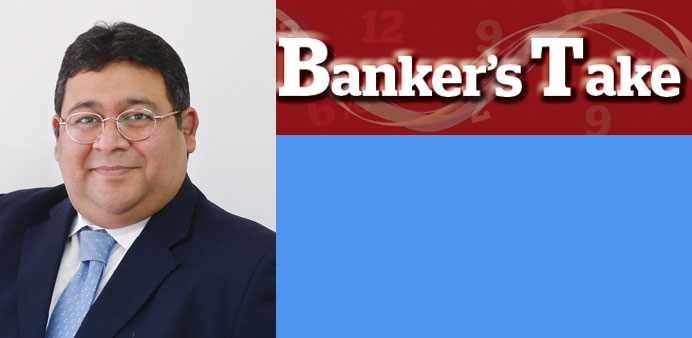By Salman Gulzar
July is proving to be a month of deadlines that will have far-reaching repercussions in Europe and the Middle East. Greece is testing the resolve of the European Union to stay together, and in the Middle East, successful negotiations with Iran will change the economic footprint and profile of foreign investments and collaboration.
A perfect Greek tragedy
Greece is at the heart of a perfect storm that has the entire continent concerned on the future of the European Union. While a Greece exit will not affect the growth of the remaining members, it will seriously dent the very political fabric that brought the continent together in an economic union in the first place. The EU and its members have had three years to prepare themselves. In 2012, Europe faced a greater contagion with weakness and defaults possible not only for Greece but also for Portugal, Ireland, Italy and Spain. An exit at that time would have opened flood gates and it was for that reason that the European Central Bank president Mario Draghi pledged to “do whatever it takes” to preserve the euro.
Whether Greece exits or stays within the union, the entire episode has created a clear difference in having euro deposits and investments domiciled in Germany as opposed to the other EU capitals. Since the eurozone debt crisis erupted in 2010, the most closely watched indicators of “contagion” risks have been the credit spreads, which is the difference between yields on Portuguese, Spanish or Italian 10-year bonds and German Bunds which are regarded as ultra-safe investments. European economic disparity continues and is evident in these spreads and will likely see a marked differential in euro deposit rates between various capitals of the continent.
End of isolation
The prospects of an Iranian economic revival are dependent upon successful diplomatic wranglings and reaching an agreement on the framework of accord that was agreed between Iran and P5+1, the five permanent members of the UN Security Council plus Germany in April this year. A success would mean that UN sanctions would be lifted; EU sanctions will be scaled back and the US will also moderate its economic embargo against Tehran.
The stakes are high for both sides. Iran will be able to use its $100bn of frozen assets, get access to international markets for its hydrocarbon export and an opportunity to overhaul its infrastructure plagued by years of isolation. The West will gain access to a country which needs support and assistance in developing its infrastructure, and a target market of $77mn who is more open to western social values and consumerism; this is an opportunity that could turn the tide of stagnation at home.
A case of parallels
Just as Greece needs to be part of the EU for its sustenance, Iran also has no choice but to accept the Western dictate on this agreement for its economic integrity. Iran has budget needs that require oil at $120 a barrel and getting access to its frozen reserves is not a matter of choice anymore. The embargo has proved effective and managed to achieve what it had set out to do.
Just as the EU, the GCC will also prove that the sum is greater than parts. Project outlay in the GCC is very impressive given there is an infrastructure overhaul in Saudi Arabia; Qatar and UAE continue to execute key iconic projects; and with hosting rights of both the Expo 2020 and World Cup 2022, this region will continue to be critical.
Conclusion
Both these events will have economic benefits for the GCC. The euro will continue to be weak and curtail inflation in the region while any Iranian development will ensure there is priority for the region on trade flow to a new economy across the Gulf. There is a lot of development needed before we can discuss any real threats on the hydrocarbon industry, specifically around LNG. Qatar has established itself as a reliable and trusted provider of LNG in the globe with strong partnerships. Replicating this infrastructure for Iran on the same scale is not possible for a few decades and replicating the trust of importers will take even longer.
* Salman Gulzar is head of corporate banking at Mashreq Qatar and an expert in financial markets. The views expressed are his own.

